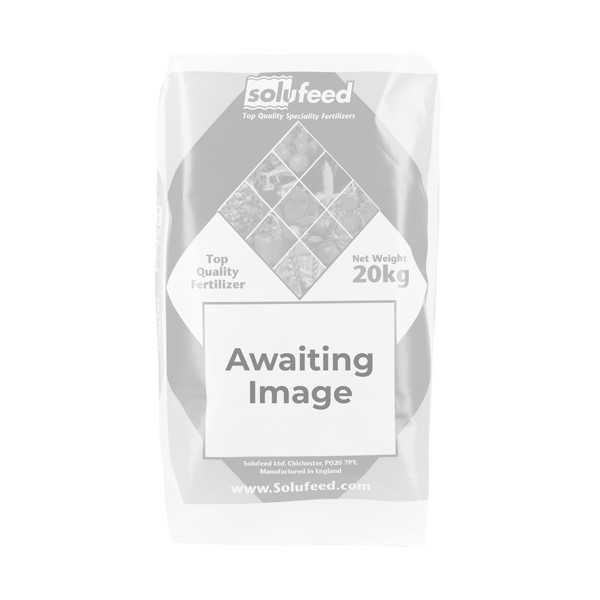The second most abundant element on earth silicon is classed as quasi-essential by crop nutritionists. As such it is required by some plants and not apparently by others. In general silicon is needed by most cereals and other monocots but amongst the dicots there are relatively few examples with specific requirements. Crops where silicon deficiency is of economic importance include rice, sugar cane, bamboo, cucumbers, roses and grapes.
In the soil soluble, plant available silicon (orthosilciate) is relatively unaffected by pH but easily leached. In normal soils a balanced equilibrium between soluble silicon and the vast amount of insoluble silica is usually established and deficiency situations are unusual. Uptake by plant roots is both passive and active and translocation is via the apoplastic transpiration stream.
Insufficient levels of silicon are regularly found in soil-less growing systems such as hydroponics and where artificial (eg. peat, coir) growing media is used. Here sensitive crops can be detrimentally affected.
The role of silicon in plants is mainly protective and where levels are adequate then tolerance to fungal diseases such as powdery mildew (“Erysiph” spp) is increased. Very specifically, Roses deficient in silicon are more prone to black spot (Diplocarpon rosae) attack.
Silicon also has various physiological roles increasing the strength of plant tissues, improving colour and appearance and mitigating the effects manganese deficiency. Optimum silicon nutrition increases lodging resistance in cereals and the aesthetic value of ornamentals can be improved.
Uses
To prevent and correct silicon deficiency in many agricultural, horticultural and ornamental crops. Recommended for foliar application.
Benefits
- Improves the silicon status of crops.
- Improves plant cell integrity.
- Believed to increase disease and pest resistance.
- Supplied as a convenient easy to use liquid formulation.
- Contains other ingredients, co-formulated for maximum effectiveness.
Composition
Typical analysis
(w/v):
Silicon dioxide (SiO2) soluble in water 51.3% (Si: 24%)
Potassium oxide (K2O) soluble in water 33.8% (K: 28.2%)
(w/w):
Silicon dioxide (SiO2) soluble in water 32.1% (Si: 15%)
Potassium oxide (K2O) soluble in water 21.1% (K: 17.6%)
Pack Size
10 litre jerry cans and 200 litre drums.Other Micronutrient to Consider

